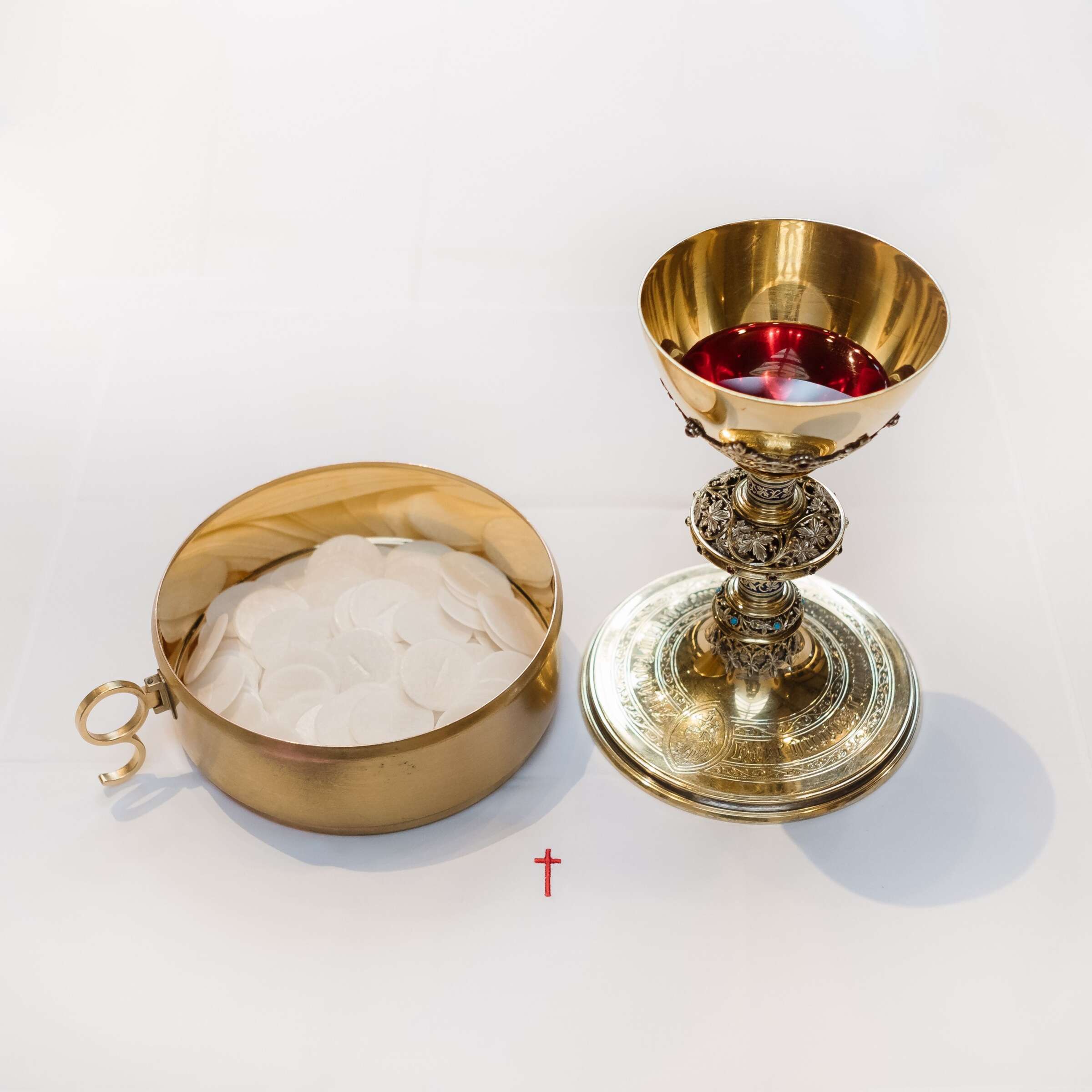Food and drink
Christians do not have any religious restrictions on what they can eat or drink. They believe that this freedom is a result of the life and teaching of Jesus Christ. Jesus and his first followers were Jewish and stuck to the food laws of the Jewish people set out in the Old Testament part of the Bible. These dated from around 1450BC and meant Jews could not eat food such as pork and shellfish because it was likely to make them ill. But not long after Jesus, the early Church realised that they were released from the restrictions which Jewish people followed. By that time, the Church had Jewish and non-Jewish members so it agreed on a compromise recorded in the Bible book Acts where followers are advised not to eat food which might offend each other. This was more about being culturally sensitive and honouring each other, than abiding by new rules. Nowadays some Christians choose to become vegetarians or vegans. As with people of no faith, this can be because of the environmental impact of eating meat or for other ethical reasons. But no-one is obliged to give up meat or alcohol because they are Christians.
No-one is obliged to give up meat or alcohol because they are Christians.
Drinking alcohol
Some Christians choose not to drink alcohol. There are some Christian denominations which are strictly teetotal – every member abstains from all alcohol. This has been more common in the past where beer and gin were safer to drink than water and levels of drunkenness were much higher. Alcohol abuse fuelled an array of problems in society in the 18th and 19th centuries. Christians in the United States, appalled by the problems alcohol was causing, founded the Temperance Movement. At first it campaigned for drinking in moderation but eventually pressed for the ban which resulted in prohibition in the early 20th century. The Bible suggests that Jesus did drink alcohol. His first recorded miracle was at a wedding, when he miraculously turned water into wine. But the Bible is very clear in condemning drunkenness as well as gluttony.
Continued below...

Food, drink and celebration
Food and drink play a role in significant moments of Christian life. Communion, where Christians share bread and wine usually in a church service, is a moment of remembering the sacrifice made by Jesus in being crucified. In taking Communion and marking his death, Christians are following the instruction given by Jesus himself at what is known as the Last Supper. This was his final meal before crucifixion. It was a Passover feast, a special occasion still celebrated every year by Jewish people, where they remember how God freed them from slavery in Egypt around 1450 BC.
Christians often pray or ‘say grace’ before they eat as a sign of thankfulness for all that God has provided for them.
Traditionally the day before Lent begins is a time for feasting and celebration. All the luxury foods that won’t be eaten during the six weeks of Lent are consumed. In the UK, it is known as Shrove Tuesday or Pancake Day. By contrast, Lent is often a time for reflection and fasting, where Christians refrain from some or all foods for a period of time.
Another tradition, particularly within the Roman Catholic Church, has been to eat fish rather than meat on Fridays, especially Good Friday. It’s thought this is as a mark of respect because Jesus was crucified on a Friday.
Christians often pray or ‘say grace’ before they eat as a sign of thankfulness for all that God has provided for them and a recognition that they are dependent on God for everything.

Speaking God's promises

Mary Seacole

